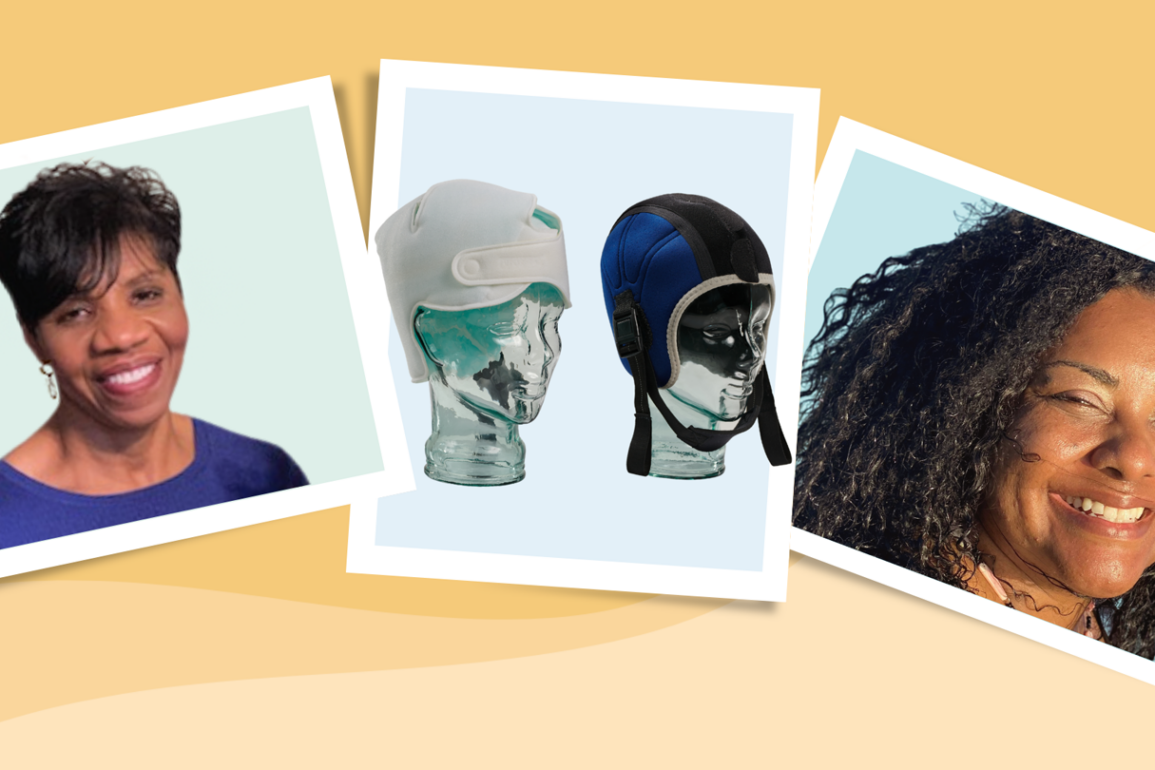
When Nanetta Bailey, 72, was diagnosed with breast cancer, she heard only two words: Hair loss.
“I wasn’t listening to anything else, because I was so upset,” says Bailey. “I knew I’d never be one of those warriors who proudly wear their bald head. Kudos to them, but that’s not me.”
A quick search on the internet revealed that scalp cooling, a relatively new technology, could stop or slow chemotherapy-induced alopecia (CIA) baldness caused by cancer medications. The catch? Nobody knew if it worked as well for kinky, coiled, or bulky hair, like Bailey’s.
“The lack of data for African American patients with natural hair was disheartening, and made me angrier than my diagnosis,” says Bailey.
Bailey selected a scalp cooling company anyway. Twelve weeks later, she emerged from her chemotherapy with her identity, her privacy, and her hair intact.
“I didn’t look like a cancer patient, and that was what I’d been so afraid of,” says Bailey.
Scalp Cooling
Scalp cooling technology relies on a snug-fitting gel cap or ice cap to deliver super-low temperatures to the skin. The cold temperature slows blood flow to the hair follicles, preventing chemotherapy drugs, which are notorious for causing hair loss, from reaching them. Research suggests that it can be effective in reducing hair loss during chemotherapy.
Because it had been primarily tested on straight or European hair, however, how well the technology works for those whose hair is a different “shape, texture, and density” is unknown, according to the National Comprehensive Cancer Network (NCCN).
Among the issues faced by people with natural hair, for instance, are how to get a cap that fits large quantities of hair, and how to get the cool temperature through dense hair to the scalp.
Researchers are now exploring ways to better accommodate coiled, kinky, or tightly curly hair. Until it’s complete, however, those with bulky hair, like Bailey and Nelly Gomez, are adapting their own strategies to yield the best results, and spreading the word.
This post was originally published on this site be sure to check out more of their content.







